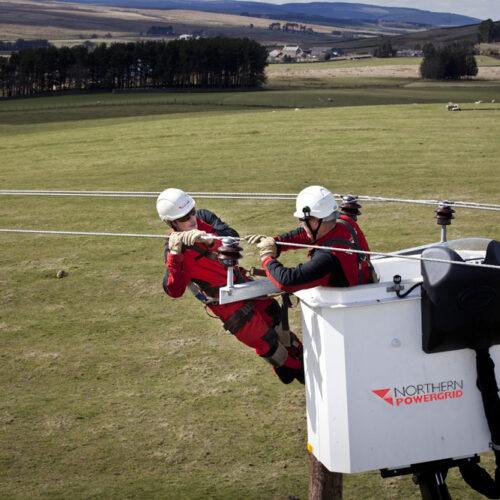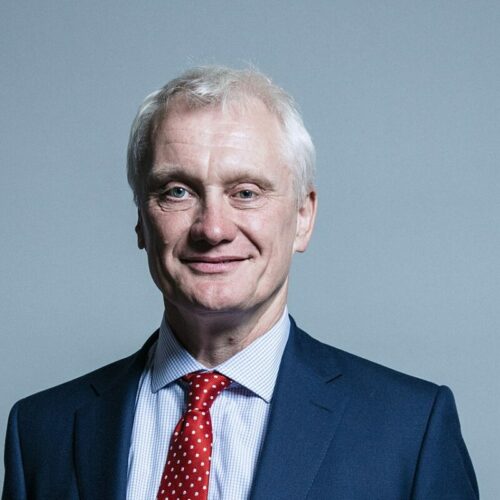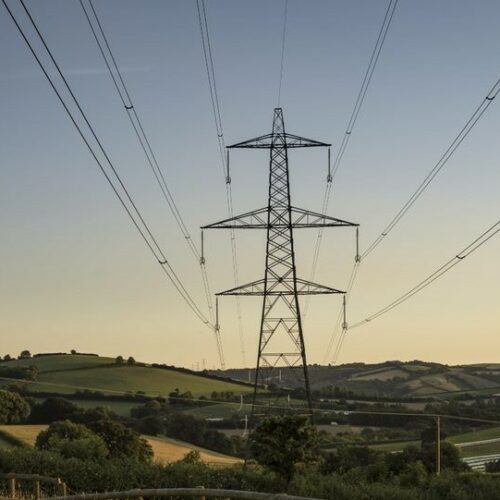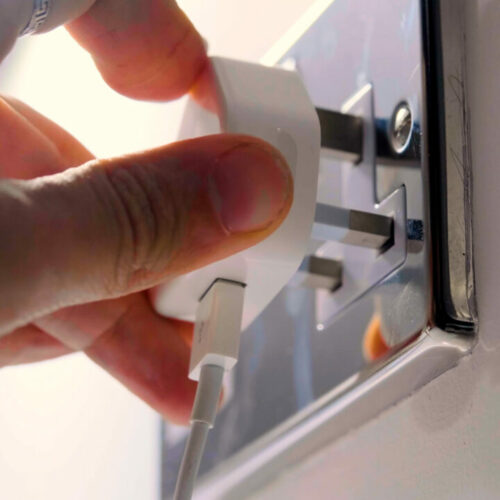The UK government’s target to have 300,000 public EV chargepoints installed by 2030 could be in jeopardy due to unrealistic expectations from local authorities, says Liberty Charge.
The chargepoint operator stated when local authorities apply for government funding, they are significantly underestimating how long it will take to install the charging networks putting further strain on hopes to secure 300,000 chargers by 2030.
This could be detrimental to the EV sector. Public charging is required to ensure all drivers on British roads can safely recharge their EVs. However, due to local authorities underestimating the timescales required to build this infrastructure, action is being delayed.
According to data collected by Liberty, 85% of local authorities believe it will take less than two years to install EV charging infrastructure including charge point strategy creation, and nearly half (48%) believe it will take less than a year. To develop this in its entirety, it can take around three years.
Before a local authority is able to begin the installation of a EV charging network, it needs to define a chargepoint strategy which also requires the hiring of an experienced lead. This can take up to nine months to complete.
“As councils have not been given access to insight on timescales, they believe we have more time than we do to install the EV charging networks required to service demand. The reality is that we are way off track,” said Neil Isaacson, CEO of Liberty Charge.
More concerning for the EV industry is that just 12% of the 300,000 EV chargers have now been installed – something that Liberty has categorised as “glacially slow”. One way to avoid lengthy development times is by avoiding government funding.
“It is important that the correct focus is placed on strategy development. The 15 months we estimate when not using government funding, includes nine months for strategy creation, which is a vital part of creating charging networks that truly meet the needs of all residents – not just those that currently own an EV,” Isaacson said.
According to the firm, if Local Electric Vehicle Infrastructure (LEVI) funding is chosen, experience of the pilot scheme has shown that it could take up to 12 months for a funding decision. This in turn provides a lengthy delay prior to the development of EV charging infrastructure.
The Office for Zero Emission Vehicles (OZEV) says it will release the full fund in two goes with one in the financial year 2023/24, and another in 2024/25. This could lead to another year of waiting should the initial application be unsuccessful.
Six months is then required to identify the most appropriate sites, and a further three months for deployment – taking the total to 30 months, or two-and-half years, Liberty said.





